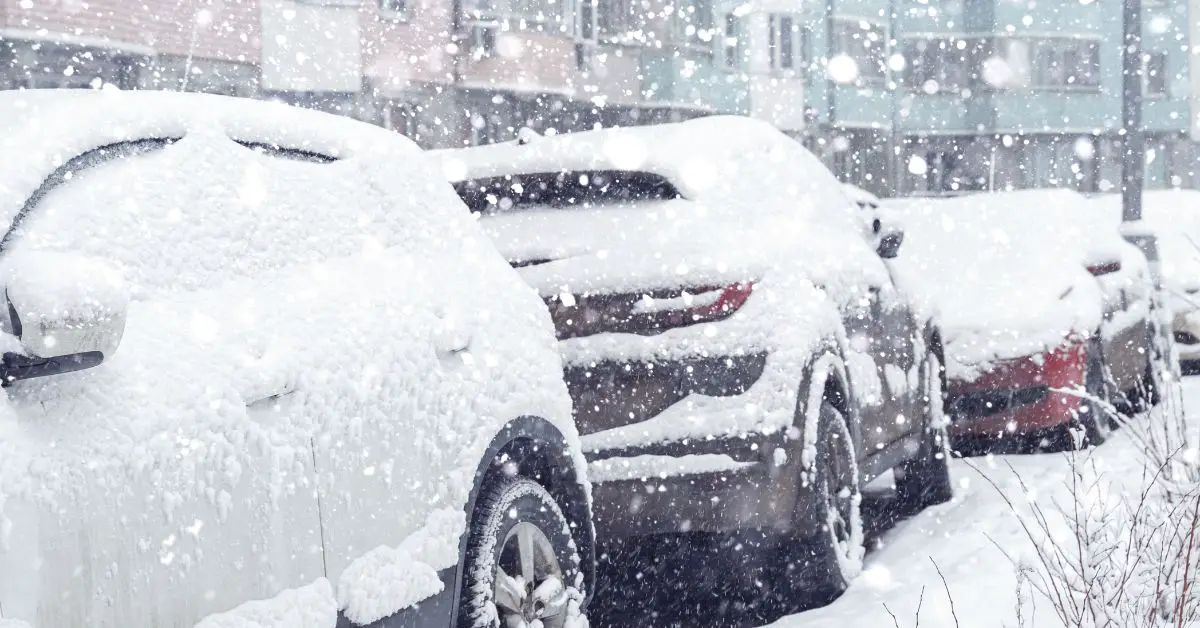How can you ensure your car is ready for the cold weather? It’s true that our vehicles can suffer damage from the Canadian cold, but it doesn’t have to. In order to keep your vehicle in good working order throughout the harsh winter months, consider the following advice.
It comes just once a year, yet it still manages to catch many motorists off guard: winter. Snowfall brings with it a host of environmental and safety concerns that make it harder to reach your destination in a timely and secure manner.
Are the wipers functioning well? Are you prepared in case your vehicle is snowed in? Great if you are! It’s essential to know how to prepare your vehicle for the winter and before the winter is here. You’ve already done a lot to prepare your car for the cold, but there are a few more simple tests and do-it-yourself projects you can perform.
In case you can’t remember what it was like outside last winter, here are some tips to keep in mind to keep you, your passengers, and your car safe and warm.

Prepare your tires
During this time of year, winter tires are required for use in some areas, including British Columbia and Quebec. 70% percent of Canadians outside of Quebec said they use winter tires, according to a recent industry poll. This is important even if you are driving a tough pickup like a Tacoma! If you plan on driving in the provinces and territories that do not have mandatory winter tires, you should get some immediately.
Check your Tire Pressure
No matter if you decide to switch to snow tires, it’s important to keep an eye on your tires’ pressure when the temperature drops. Due to the expansion and contraction of air during cold weather, low tyre pressure is a regular problem. More wear and tear, worse performance, and possibly an accident might result from this.
Check under the hood
Both the battery and the fluid levels should be checked before opening the hood when preparing your vehicle for the winter. If you’re going to do any of the things discussed in this article on your own, the safest bet is to acquire the advice of an expert.
An examination of your car’s battery can prevent a breakdown in the cold, which typically kills old batteries. A load test, performed with a portable multimeter or voltmeter to assess capacity and charge, can reveal whether or not your battery is in good working order.
Changing your oil, coolant, brake fluid, and window washer fluid before winter hits is essential. Most motorists can easily complete the simplest under-the-hood maintenance chore, which is refilling the windshield washer fluid reservoir.

Check your Wiper Blades
On the road, visibility is crucial. Replace your blades when you see streaks on the windshield after every swipe. In spite of how well-made your wipers are, they will suffer damage from the extreme temperatures of summer and winter.
If you’re worried about not being able to see well this winter, change your wiper blades now.
However, you might try cleaning the rubber with a damp sponge to see if it helps. You should also have a full container of washer fluid in the trunk, preferably on a leak-proof stand or carrier.
As an additional piece of advice, if you need to start your engine in really cold weather, don’t use your windshield wipers; instead, use an ice scraper or de-icer to clear the glass before you turn the engine on. Keep your windshield wipers from freezing and sticking to the windshield by folding them out when you park your car outside.
Check your Lights
Intelligent motorists routinely inspect the exterior of their vehicles to check for broken or malfunctioning lights. When travelling at night in the cold, it is essential to have functional lighting.
Even if the sky is clear, you should have them on at all times since a sudden flurry might reduce your sight to a few feet.
Check the cabin filter
Often forgotten when preparing your vehicle for the winter. The car’s air conditioning, heating, and ventilation system ensure that passengers are always breathing fresh, clean air. If they get dirty, it can affect how well the HVAC system works by reducing the amount of air that can circulate through the vents within.
It’s a good idea to get your filter tested and maybe replaced before the cold weather sets in. Clogging the defroster vents may reduce their efficiency and will make it harder to maintain a frost-free windshield and front windows.

Keep a Winter Emergency Kit
Your mind can rest easy when travelling in inclement weather if you have a winter emergency pack in your car. If you’ll be travelling through rural or mountainous terrain, this is very crucial. In the extremely improbable event that you become lost, you won’t be sorry you did.
Include stuff like water, energy bars, dried foods, a first aid kit, blankets, hand warmers, a rechargeable flashlight, a phone charging cable, an ice scraper, a snowbrush, and a whistle.

